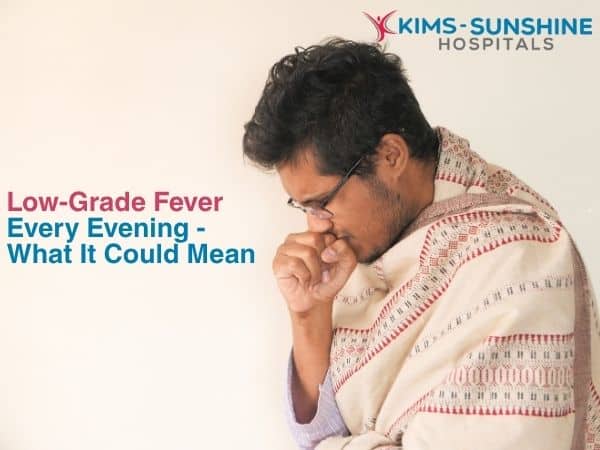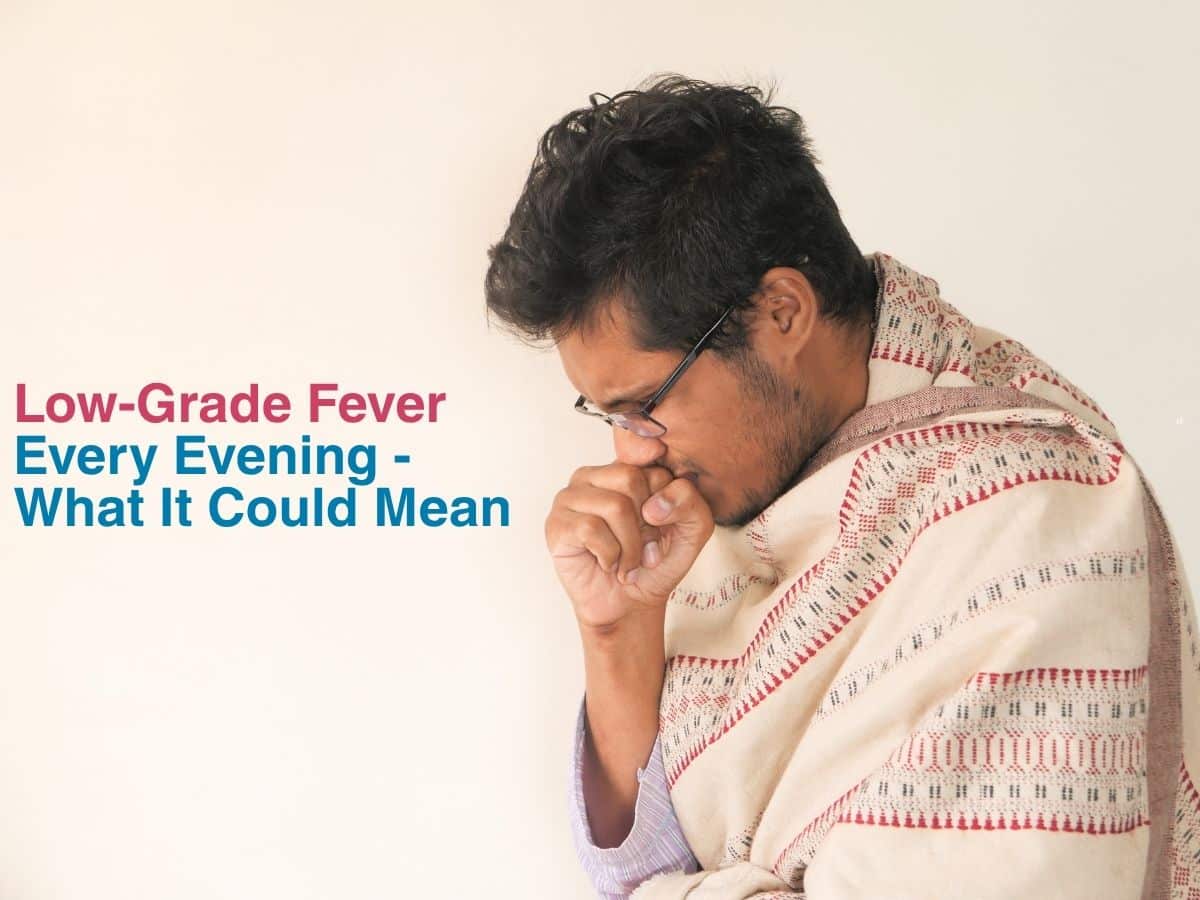
Low-Grade Fever Every Evening — What It Could Mean
 Body temperature is a component that is closely regulated by the hypothalamus in the brain. We have a pretty narrow temperature range to work within and any changes- lower or higher can spell trouble. The hypothalamus has a higher limit set, with respect to normal body temperature. As soon as this limit is breached, it orders the body to sweat profusely. If the temperature is lower than average, then you will shiver and try to regain some body heat. Normally, body temperature is lowest in the early mornings and steadily climbs during the day, to reach the maximum point at evening or night. But, if you have an infection or some other chronic health condition, then you may have to deal with fevers at night.
Body temperature is a component that is closely regulated by the hypothalamus in the brain. We have a pretty narrow temperature range to work within and any changes- lower or higher can spell trouble. The hypothalamus has a higher limit set, with respect to normal body temperature. As soon as this limit is breached, it orders the body to sweat profusely. If the temperature is lower than average, then you will shiver and try to regain some body heat. Normally, body temperature is lowest in the early mornings and steadily climbs during the day, to reach the maximum point at evening or night. But, if you have an infection or some other chronic health condition, then you may have to deal with fevers at night.
Why Do I Get A Low-Grade Fever Every Evening?
The main reason is the cyclic function of the hypothalamus, which means it keeps trying to modulate body temperatures between the 2 extreme ends. Fever is generally defined as an increase in body temperature. There are 4 kinds of fevers- low grade and regular fevers respectively.
- Low grade fevers show up mostly in children or people with immature or poorly working immune systems. If your temperature is between 37.3℃ and 38℃, then it is a low grade. Regular fevers come next- above 38 and below 39℃. High fevers are when the temperature is above 39.1℃, but below 41℃. Anything above is dangerous and termed hyperthermia. It can cause irreversible brain and organ damage too.
- You may get a low grade fever due to greater physical activity during the day, due to warm conditions in your bedroom or if you have a mild infection like a cold, sore throat, etc. If the low grade fever lasts for a week or 2, then it is time to get checked by a doctor.
When To Worry About A Persistent Low-Grade Fever Every Night?
Adults normally don’t really need to worry too much about a low grade fever, even if it continues for a few days but the story is different for children. If your child has diarrhoea, sore throat, is very irritable and pukes often along with a low grade fever, then it is time you get it looked at. Viral infections are the main culprits for low grade fevers in general, so rest and hydration are the main factors to pay attention to speed up recovery. Urinary tract infections (UTIs) may also cause low grade fevers in some instances. Teething can also affect kids and cause a fever.
As a child or adult, if you notice night sweats, cough up blood and have breathing issues along with a low grade fever, it is better to get checked for TB. Some people with autoimmune disease and cancers also note a higher incidence of low grade fevers.
How To Treat And Manage Low-Grade Fever In The Evening?
Drinking plenty of fluids, resting and taking ibuprofen or acetaminophen can help.
Conclusion
In general, if you have other symptoms like a stiff neck, rash, nausea or have a swollen throat, then even if it is a low grade fever, it is better to get medical help. Don’t wait at all if your child is younger than 3 months of age and shows even a slight elevation in temperature. The general outlook is hence to monitor your symptoms closely and check for other factors that come into play here. If it is a low grade fever alone, it will probably go away in a few days and you won’t need to worry at all.






